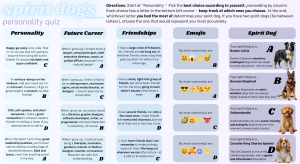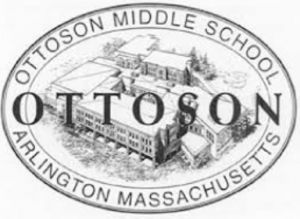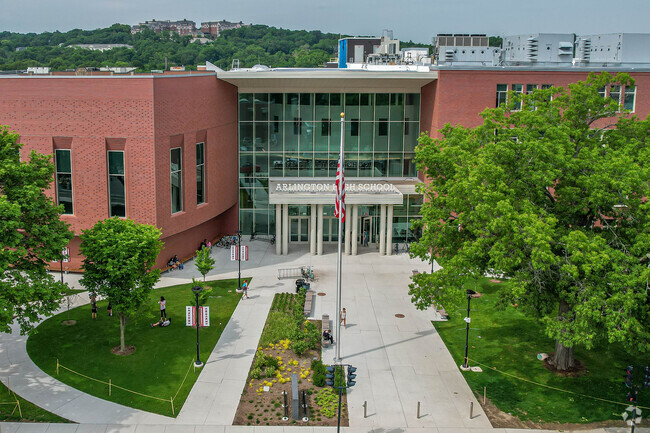I’ll Write My Own Destiny: Lack of Creative Writing in the ELA Curriculum
June 23, 2023
Seventh graders at Ottoson may have noticed that there is very little creative writing in the ELA curriculum. This is a relief for some kids and a disappointment for others, but nevertheless it is part of the curriculum and not a decision of the teachers. Part of the reason for that is the fact that though creative writing is beneficial to students, there’s just simply not enough time for creative writing in the school year.
Ms. Plunkett, the English teacher for Storm, says that if something is labeled as “creative writing”, kids will be less likely to worry about the grade. It lets them be more focused on the actual writing and shows a lot more of what they can do. She says, “I think some students need it to improve their writing skills in a [….] low risk sense” because essays seem daunting and creative writing sounds easier and more fun. But she says that we generally just don’t have enough time to do a lot of creative writing in the year: “[W]ith what we have to do with novels, the short stories, poetry, and even occasionally MCAS prep, it doesn’t leave a lot of time for it.”
It isn’t necessarily that writing about reading is better than creative writing. Ms. Plunkett says that “they’re so different that you couldn’t possibly compare the benefits.” Writing about reading is mostly about analysis and deeper thought about the text, finding evidence within the text to support a claim. Creative writing doesn’t really let students practice any of those skills. It’s more about giving you freedom to do whatever you want. “For creative expression versus deep analysis, I just don’t know if they’re really comparable,” says Ms. Plunket, though she thinks it is important and tries to add it in where she can.
The curriculums for the state have a lot of standards that could be done in multiple ways. For example, according to the APS website, one of the essential questions for seventh grade ELA is, “How do the choices we make in seventh grade change [who] we are?”. We could learn this in multiple ways: with reading, analysis, creative writing, and probably more. This year, it’s mostly by the reading we do and the essays and assignments we do based on that – with very little to no creative writing.
Though creative writing is less stressful for kids and it’s not necessarily any worse than writing about reading, we don’t really have time for it in the curriculum. When we write about the books we have to read anyway, it’s beneficial to our learning because it helps us understand the books we’re reading, and the concepts we’re trying to learn more than just creative writing would. All in all, creative writing is still important and, but the reason that there isn’t a lot in the seventh grade curriculum is that there’s not enough time. But who knows, maybe in the future more time will be made.
Interview with Ms. Punkett (3/16/23)
Etta: Okay, first question. What’s your opinion on the ELA curriculum?
Ms. Plunkett: As a whole… or…?
Etta: Yeah, as a whole.
Ms. Plunkett: Well, this is my second year, I will say I like this year’s curriculum a little bit better than last year… it hasn’t really changed a lot, we really just substituted an older book for Piecing Me Together, so we have more relevant texts. I think it’s pretty rigorous in that we accomplish three books, a poetry unit, and a short story unit all in one year. And I think it’s only getting better as the years progress, just because we’re constantly needing to tweak or add.
Etta: Is there anything about this year that you think needs to be changed or added?
Ms. Plunkett: Not particularly.
Etta: What does creative writing do for the students in your opinion, or in general?
Ms. Plunkett: In general? I think it is important for self expression. I think some students need it to improve their writing skills in a less- in a low risk sense, because I think people think essays are scary, and tricky, and they get really hung up on the grade, whereas if I were to say something is creative, they’re less likely to worry about it, because it really hones in on them and what they can do.
Etta: Do you think that the amount of creative writing in the 7th grade curriculum is sufficient?
Ms. Plunkett: That is a tricky question, because I thoroughly enjoy creative writing and assigning it. However, with what we have to do with novels, the short stories, poetry, um, and even occasionally MCAS prep, it doesn’t leave a lot of time for it. Uhh, I try to sneak it in where I can, like the Write, Right, Rite, with Jason Reynolds, every once in a while as an activity, and then actually following Inside Out And Back Again, we do a personal narrative, where you have a lot more creative expression but we haven’t actually gotten to that yet this year. That’s really all we have to do – or at least I do.
Etta: Uhh, okay. In your experience, do most kids tend to enjoy creative writing?
Ms. Plunkett: I think it depends on the kid. I think… A lot of kids enjoy it, but there’s still the academic stress of it being graded. I don’t think many kids can work past the fact that it’s going to be for a grade.
Etta: Last question, okay, we do a lot of writing about reading, do you think this is better for kids than creative writing? And if so, what does it have that you think creative writing might lack?
Ms. Plunkett: I don’t think they’re comparable. I think they’re so different you couldn’t possibly compare the benefits. I think they each have their own benefits, there might be some crossover, but writing about reading is about analysis, deeper thought, being able to find evidence to support a claim, and you don’t find a lot of that in creative writing, necessarily. Whereas creative writing is free to be whatever you want it to be, you can do whatever you want with it. So, for creative expression vs deep analysis, I just don’t think they’re really comparable.
Etta: Is there anything else you’d like to add?
Ms. Plunkett: I don’t know, I just want to highlight the fact that while I think creative writing is really important, I just don’t think there’s time in the curriculum for it. But things are always changing, that is why we do the personal narrative after Inside Out and Back Again, we do a little bit of writing your own poetry, I think there could be more, although I also think kids don’t enjoy writing poetry as much as writing their own things. Uh, if there was time, I would love to do it.








